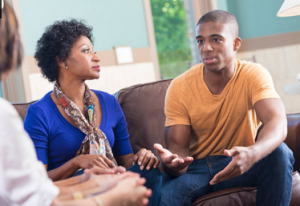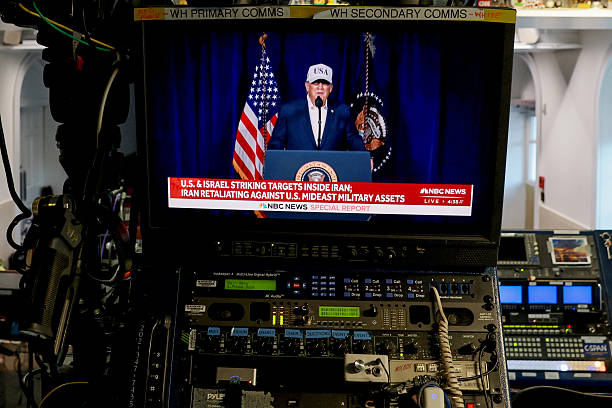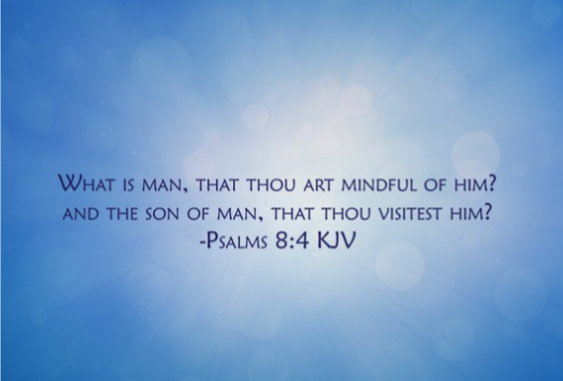(ThyBlackMan.com) African Americans share the same mental health issues as the rest of the population; arguably, there are even greater stressors for African American people in the form of racism, prejudice, and economic inequality. However, statistics show that African Americans are less likely than any other ethnic group to consider psychotherapy as a potential form of treatment or solution for mental challenges such as depression, anxiety, post-traumatic stress disorder and stressful issues within a marriage, home, or workplace. Although black psychologists are not unheard of, it’s far more likely to find a therapist who is white or of another ethnicity. Here are some of the reasons why we need more black therapists today.
#1. More Culturally Diverse Treatment:
Although any good therapist will do their utmost to empathize with their client regardless of their race, ethnicity, gender and many other factors, there’s no denying that a therapist who can truly relate to a client will likely provide a higher quality of treatment and be able to provide a better therapist-client relationship. African Americans suffer unique issues such as prejudice and racism that  may be difficult for a white male therapist, for example, to fully understand if they are totally unable to relate to the experience. More black psychologists and therapists will make therapy a more culturally diverse treatment, with a suitable therapist for everybody who needs one. If you’re an African American who is considering going into a career in therapy, take a look at these options for online counseling degrees.
may be difficult for a white male therapist, for example, to fully understand if they are totally unable to relate to the experience. More black psychologists and therapists will make therapy a more culturally diverse treatment, with a suitable therapist for everybody who needs one. If you’re an African American who is considering going into a career in therapy, take a look at these options for online counseling degrees.
#2. End the Stigma:
Whilst all ethnic groups and many individuals carry a lot of stigma and pre-conceived ideas about going into therapy, shying away from counseling as a form of treatment appears to be statistically higher within African American groups. This is due to a number of both personal and traditional beliefs; for example, African American families may worry that going to therapy could reflect badly on them and their ability to handle problems internally. Those who place high value on privacy within their personal life may feel that taking their problems to a therapist, especially one who was not brought up with African American cultures and values, would be ‘airing their dirty laundry’. Society needs more black people studying masters in counseling programs, to help end this stigma that therapy is a bad thing within African American communities.
#3. Provide Knowledge and a Different Outlook:
A 2004 study by Thompson et.al. found that in general, African Americans tend to view the typical therapist as an older, white male who may be insensitive to the cultural and economic realities of their lives. For many African Americans, it is concerns about treatment effectiveness, often down to cultural misgivings and a lack of knowledge and education, that puts them off from considering therapy as a viable option. By encouraging more black people to choose a career in therapy, we can offer African American communities a different outlook on therapy and better knowledge of what it involves.
Are you a black person who hopes to pursue a career in therapy? What made you choose this career path? We’d love to hear from you in the comments.
Staff Writer; Steve Moore

















We need more Black men that can relate to not only young and older Black men but to our women as well. I am an LCSW licensee in the state of Texas. I sometimes work pro bono and on a sliding scale. I am also a life coach. Look me up on Instagram at TheTeletherapyroom
Our community needs more African American therapists our people will feel attached to them which will help them to heal easily.